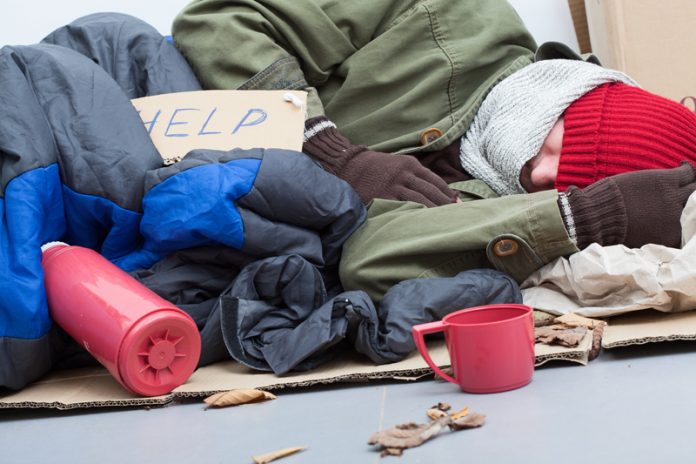Housing Secretary James Brokenshire awards funding to Greater Manchester, Liverpool and the West Midlands to reduce rough sleeping
Three areas in England are set to launch new pilot projects to support rough sleepers, with complex needs, get off the streets and into stable and affordable accommodation.
The projects in Greater Manchester, Liverpool City Region and the West Midlands Combined Authority will offer individuals intensive support to recover from complex health issues, for example, substance abuse and mental health difficulties and sustain their tenancies.
The pilot projects will be based on Housing First, an internationally proven approach to supporting rough sleepers into long-term accommodation.
Housing Secretary Rt Hon James Brokenshire MP said: “The evidence shows Housing First has an incredible rate of success in providing rough sleepers with the support they need to get off the streets and to rebuild their lives.
“We are investing over £1.2 billion to break the homelessness cycle, but we know there’s more to do to help people off the streets for good. This is why the government is leading the way in implementing Housing First in England.
“I believe these pilots will have a positive impact in their areas and I look forward to hearing about their successes over the coming months.”
Housing First is a tried and tested approach to tackling long-term rough sleeping that puts the emphasis on finding individuals a secure and affordable home to live in, while providing them with expert support to rebuild their lives.
In Europe, Housing First projects have been successful at ending homelessness for at least 8 out of 10 people in the scheme. This is compared to hostel-based accommodation which has resulted in between 40% and 60% of users with complex needs leaving or ejected before their homelessness is resolved.
Today’s announcement builds on measures the government is bringing forward to halve rough sleeping by 2022 and end it altogether by 2027, including:
- a new Rough Sleeping Team made up of rough sleeping and homelessness experts with specialist knowledge across a wide-range of areas from housing, mental health and addiction
- a £30 million fund for 2018 to 2019 with further funding agreed for 2019 to 2020 targeted at local authorities with high numbers of people sleeping rough – these areas will be supported by the new Rough Sleeping Team to develop local interventions to reduce the numbers of those sleeping rough
- £100,000 funding to support frontline Rough Sleeping workers to make sure they have the right skills and knowledge to work with vulnerable rough sleepers











